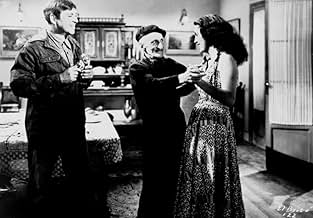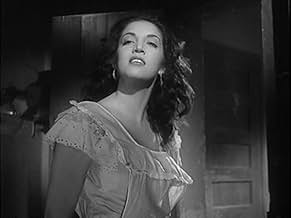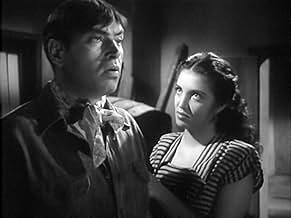A tough young man who helps to evict poor people from their houses falls in love with a girl who lives with her father in a building that's about to be demolished.A tough young man who helps to evict poor people from their houses falls in love with a girl who lives with her father in a building that's about to be demolished.A tough young man who helps to evict poor people from their houses falls in love with a girl who lives with her father in a building that's about to be demolished.












